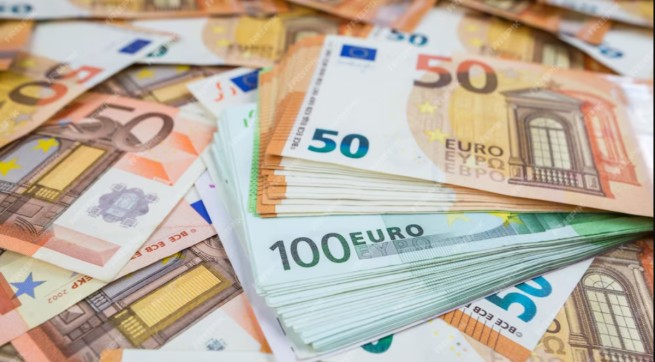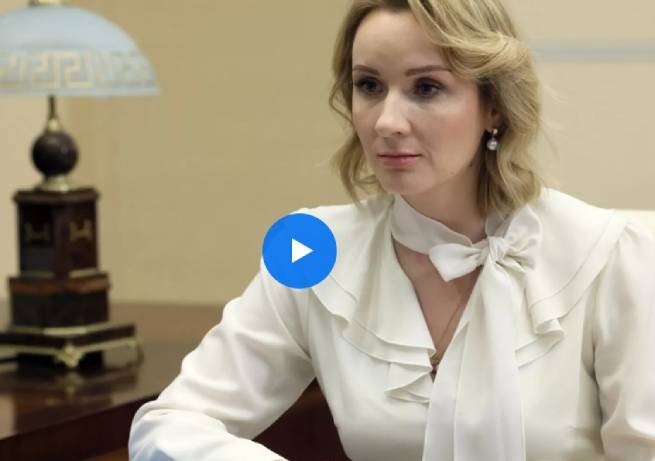The Treasury Department is reviewing its tax credit options, focusing on reducing the value-added tax on food, according to comments from officials on Friday.
The Ministry of Finance suggested that, given the different views on this issue, no decisions have yet been made, but when this happens, all changes will be very targeted.
Various options are being considered as inflation rises to a level that could exceed 6% in January, when in addition to the increase in energy tariffs, there was also a significant increase in the cost of food.
“All options are open,” Minister of Finance Christos Staikouras told Parapolitika on Friday. – You need to be ready to react at any moment, depending on the development of events, on the course of things. Can anyone say what will happen between Russia and Ukraine? If we see spending double, shouldn’t the Greek government be prepared to respond? Nevertheless, it must be prudent and cautious in all its actions.”
He added that government decisions will depend on three criteria: budgetary cost, benefit to society while maintaining the supply chain, and an element of social justice. Regarding the possibility of VAT cuts, he said that “great caution will be required as to when it will be implemented, how it will be done and on what products.” He also stressed, speaking about the budget, that this year it is necessary to reduce the primary deficit. “We have some flexibility, but we also have to be financially responsible today and tomorrow,” Staikouras said.
The minister also left the door open for yet another cut in fees on government loans issued during the lockdown, known as the “refundable deposit.”
Deputy Finance Minister Thodoros Skilakakis, meanwhile, stressed the need for an intervention to ease the burden of electricity bills. In a commentary for Skai TV, he went even further, stating: “If there is a financial opportunity, we will prioritize food over fuel.” He explained that about 2-2.5 million people living below the poverty line and unable to afford a car would not benefit from a reduction in the fuel tax.
You can read about what else Mr. Staikouras “said” in this interview in the publication Greek Deputy Finance Minister: Poor people don’t have cars, they eat beans and peas.






More Stories
“Bonus” of 300 euros for the long-term unemployed
Turkish tourists choose Samos for their holidays
Food: Testing for Pesticides